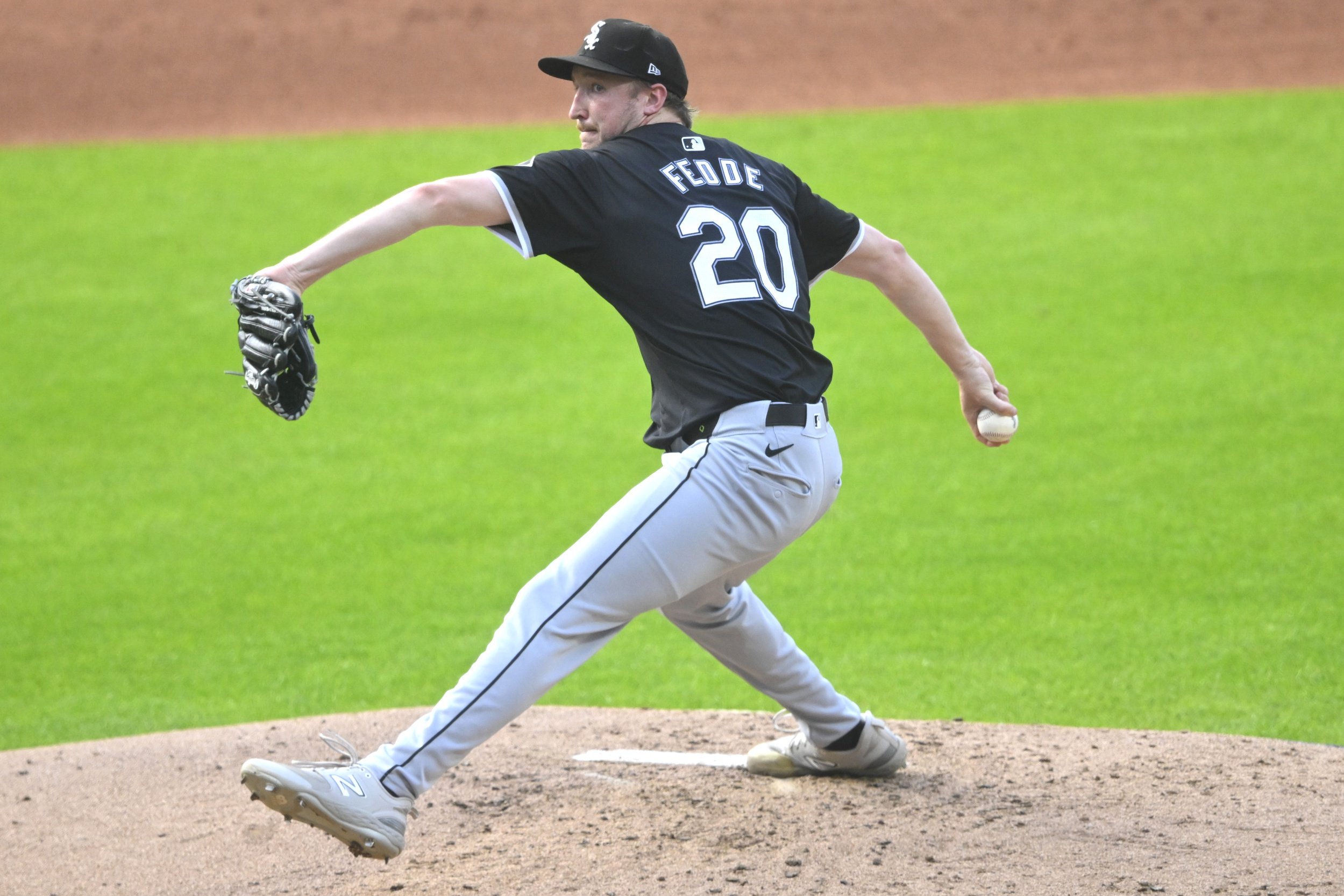
However, there were other things at play in stymying the front office. You can make a case that even if they had some level of spending flexibility, the Twins would’ve been wise to bypass any significant moves that were available. The reality is, given their circumstances, opportunities did not line up very well for Minnesota at this trade deadline.
Here are three factors that, from my view, likely contributed to the front office standing pat.
The market was limited (and ultimately ridiculous) for the upgrades they needed
Although they definitely came nowhere close to meeting it, the threshold for what really qualified as a meaningful upgrade for the Twins was pretty high. They have a balanced, complete lineup and a solid bench. They have at least three very good starting pitchers. They have a handful of relievers who’ve proven capable in the late innings.
To really get better, the Twins needed a legit No. 3 or above starter, and maybe a high-caliber back end reliever. There weren’t too many of those guys available on the market, especially once teams like Texas opted not to sell. And seeing the prices for some who were moved … no thanks.
Toronto’s Yusei Kikuchi was one of the names most commonly connected to the Twins as a make-sense target, and it sounds like they did actively pursue him to some degree, but Kikuchi ended up going to Houston for a prospect haul that Minnesota’s front office rightfully came nowhere close to beating out.
Look, Kikuchi is a talented pitcher with some solid peripherals. But he also has a 4.75 ERA this year (4.72 career) and the Blue Jays didn’t trust him to start in the playoffs last year, coming off his best season. What really is the reasonable upside for this two-month rental?
Trading away a 23-year-old starting pitcher with any level of ability, let alone two additional prospects, for that kind of underwhelming addition is hard to view as a savvy move, but it’s one that the Astros were pressed into making because they had a much greater need. The Twins will likely welcome the chance to face the lefty Kikuchi in the playoffs, if it comes to that.
Beyond Kikuchi, some the most compelling deadline options happened to be on teams that apparently had little interest in doing business with the Twins:
AL Central sellers were reluctant to trade within the division
As Dan Hayes of The Athletic explained in an appearance on Foul Territory TV, the White Sox took a hardline approach against trading with their rival, setting a laughable asking price for Erick Fedde when the Twins inquired. The notion of giving up Walker Jenkins, Brooks Lee or Emmanuel Rodriguez for a rental arm was rightfully laughed off. Frankly, I’m a little troubled that they would’ve considered even Luke Keaschall, if true.
It sounds as though similar dynamics were at play with the Tigers and Jack Flaherty. “[The Twins] got the sense, with both Detroit and Chicago, that they just didn’t want to trade in-division,” Hayes shared. “That does make it difficult. You don’t want to see your rivals win.”
Chris Paddack got hurt and Max Kepler’s play has tailed off substantially
This last factor, I guess, does come back to money. But it also illustrates the way various trends played out against the front office in their deadline quest.
Given the impetus to maintain a neutral payroll with any moves, unloading current commitments was going to be requisite for any significant add. The two most sensible candidates to dangle in a balanced salary swap? Paddack, owed about $9 million through next year, and Kepler, owed about $4 million through the rest of this year.
If Paddack were healthy and pitching the way he was at times earlier in this season, he might have been appealing as a target for another playoff-minded team. Perhaps that played some role in motivating the Twins to activate him from the injured list in mid-July to showcase him ahead of the All-Star break. Whatever the reasoning, that decision didn’t work out, as Paddack flashed the same inconsistent stuff and then quickly landed back on the injured list.
The idea of trading Kepler might have been appealing for two reasons. First: they have high-quality lefty hitters for both corners in Trevor Larnach and Matt Wallner. Second: it would give them an opportunity to get something now for Kepler instead of nothing after the season, since they surely won’t extend a qualifying offer.
If he was still mashing the way he did in the second half last year, or the early weeks of this season, Kepler may have stood out to another contending club, opening the door for a creative need-versus-need deal. But the outfielder’s power stroke has gone amiss and he’s reverted to mediocre form offensively, with a .244/.295/.349 slash line in his past 60 games. My understanding is that the Twins did explore some conversations with others teams involving Kepler, but obviously, nothing ended up coming together.
The good news, I suppose, is that Kepler and Paddack both have a chance to help the Twins get where they want to go this year. That’s the overall outcome of another fruitless deadline: they Twins will need to rely on what they’ve already got.
“I believe in our group,” Derek Falvey told reporters after coming up empty. “I feel like this is a group that we want to go to battle with.” Let’s hope he’s right. Then again, what choice did he have?









